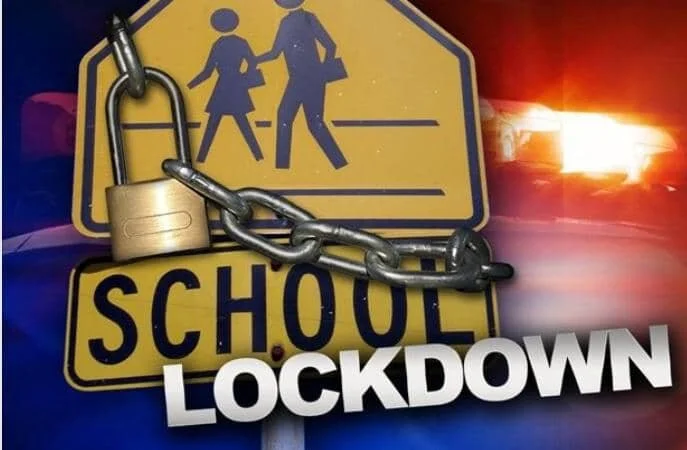Lockdown Live: Education In The Time Of COVID-19
The biggest take away from this pandemic period is that everyone is affected in one shape or another. Regardless of the geographical location, education has been crippled and, in the worst cases, disabled.
On 12th June 2020, The Youth Café, in conjunction with U.K based Sussex Writes, held a Facebook live event on education in the time of the pandemic. I went in with the preconceived notion that our co-panelists from Sussex Writes did not face any real challenges in regards to education. So there I was actually ready to pour out all my grievances on the broken education sector in Africa/Kenya. To say the least, I found myself nodding my head to their struggles as opposed to shaking in disagreement because, as it turned out, everyone is having a difficult time.
In Kenya, before the pandemic, there already existed a clear divide between the children who went to private schools and those who attended public schools. This was a big problem then, but after the onset of the virus, it became a considerable difficulty. A thorn in the flesh of the decision-makers of the country. As painful as it may be, I have always held on to the notion that children born into poverty are dealt the shorter end of the stick, and public education in Kenya is a prime example of this impunity (I digress).
One of the co-panelists, Emma from Sussex Writes, is a university student living with a disability. Even before the pandemic, was having a rough time accessing school materials as there were no proper avenues set aside for people living with disabilities. This meant that she had to become even more creative in getting her school material and assignments. The similarity that I drew from these two narratives is that for some reason, some people in society seem to be treated as second class citizens, no matter what part of the world they may be from. This should never have to happen to anyone, but here we are.
The onset of the pandemic meant that the world of learning had to go fully digital. This was the most significant blow as not only was there no policy to guide this transition but also there were no existing resources to back up this movement for the majority of the world population. In the U.K, an article was published on how the country’s government offered laptops to secondary school students who turned out to be the opposite. The same case applied to Kenya a few years back in 2013 when the government promised the issuance of laptops to primary school students. Need we mention the lack of electricity in rural areas, let alone internet access?
Can we say that the pandemic has fully shown us what inequality is in the education sector? The frameworks and regulations that have existed in the education sector are definitely not working, and as such, the gap between the rich and the poor is more evident. Children whose parents can afford private schooling, electricity, internet access, and a balanced diet are going on with their learning online, while children who so much depend on their local primary school to have a meal are forced to wait on government directives.
On the brighter side, the pandemic has made all governments think far and beyond. In Kenya, for example, The Ministry of Education is seeking to open schools in September 2020. This, of course, will happen under the new frameworks that are being put in place to ensure the safety of the students. This is a step in the right direction as it will be a way in which classrooms are decongested, and the ratio of teachers to students can be manageable. This also means that there will/should be better resources that are for learning.
In as much as no one predicted the magnitude of the pandemic, it has made it an essential practice allocate monies, formulate policies and laws that may come into use at a time such as this when the world is so far removed from the norm but has to continue to educate its children. The live has taught us all that our struggles remain relatable, no matter our location. My parting shot is that there is a resilience of the human spirit that this pandemic has brought forth. May that resilience is carried forward even after the pandemic that our leaders especially do right by the children of the countries.
By Candy Obunga
The Youth Cafe hosted a series of virtual events to address issues that have emerged among youths as a result of COVID-19 pandemic. To explore more, visit our COVID-19 and Youth Page.


